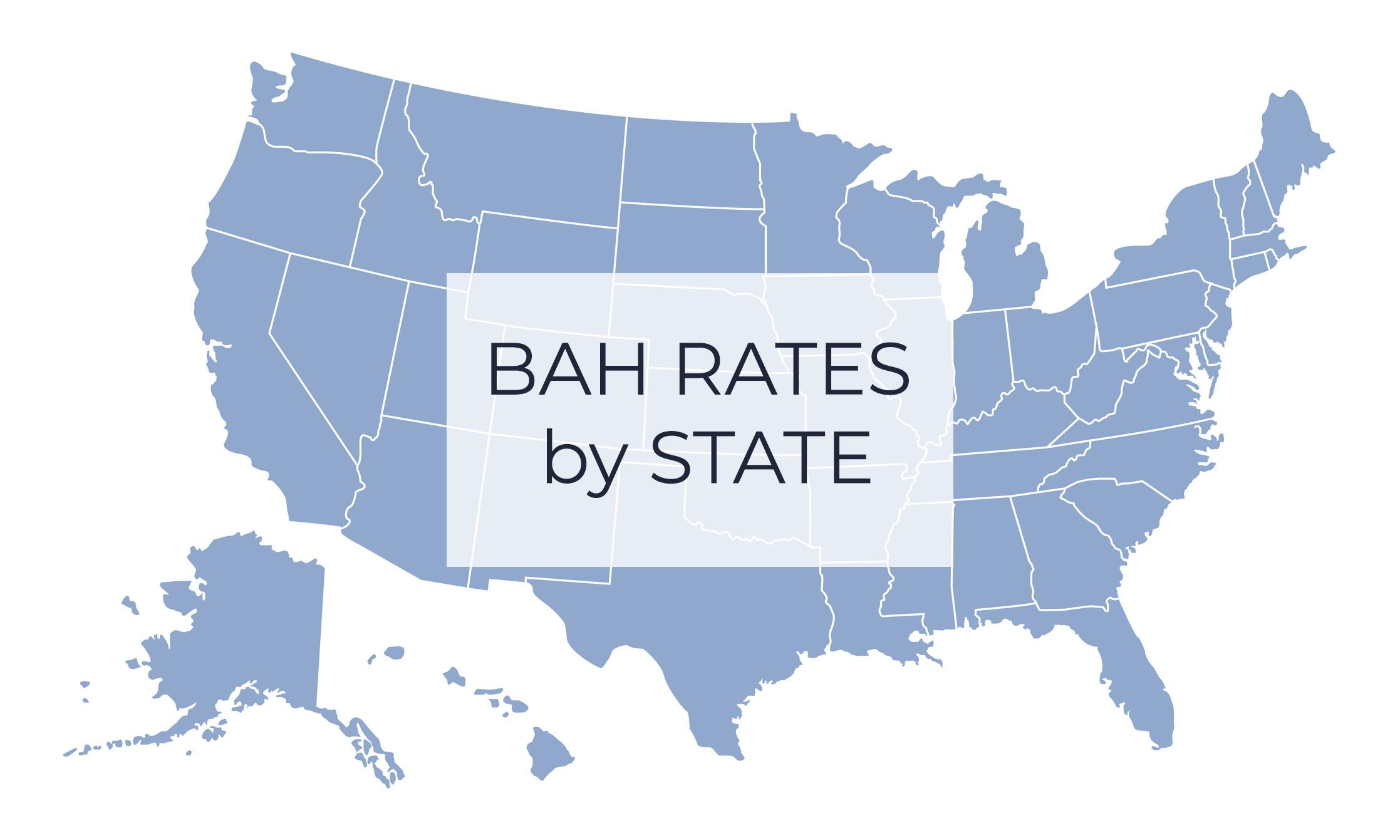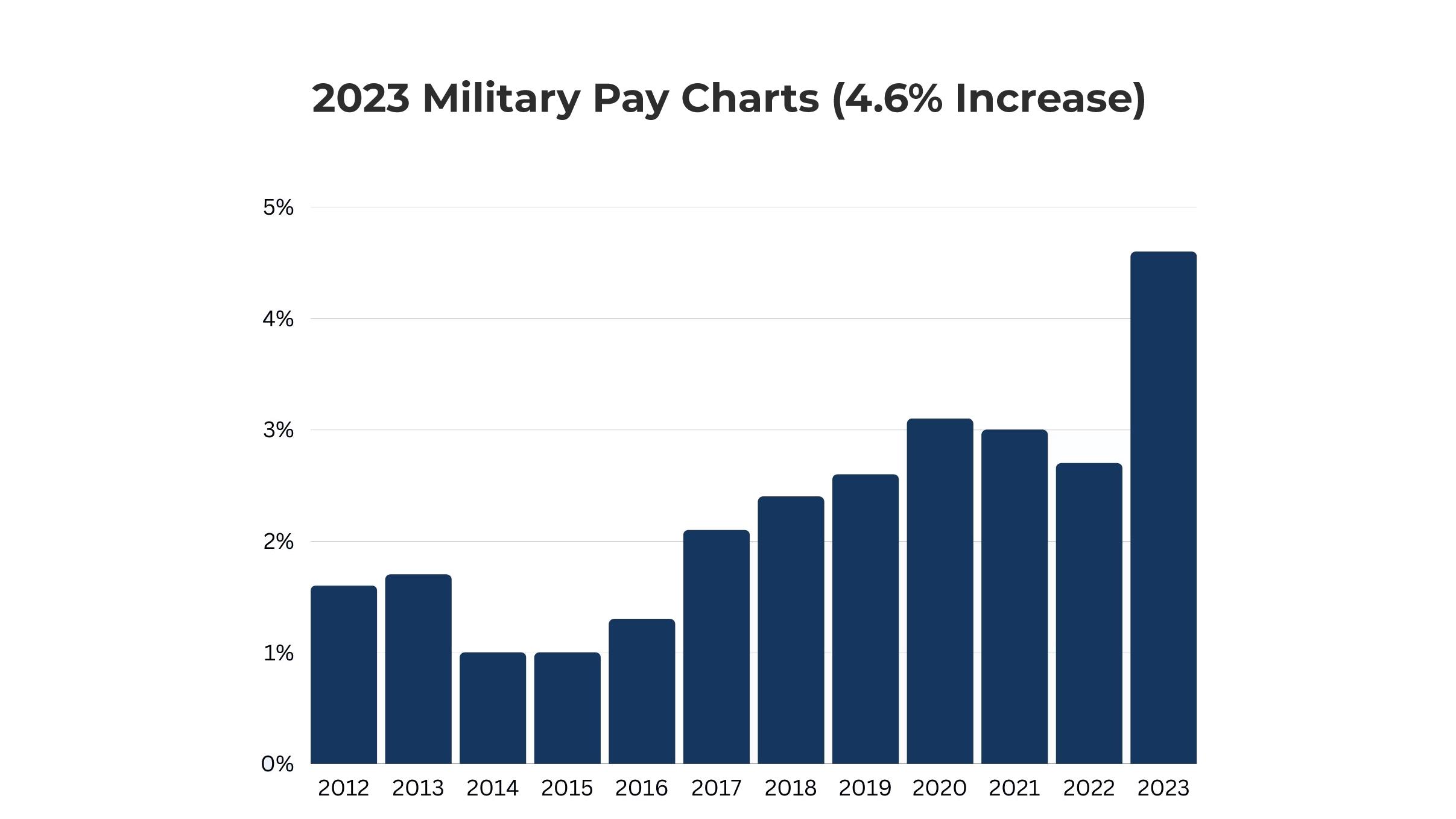Family Subsistence Supplemental Allowance
Updated: August 9, 2021
The Family Subsistence Supplemental Allowance (FSSA) is designed to help service members ensure that they and their families have access to nutritious foods, despite any economic challenges they may face. FSSA is one of several programs and benefits that are available to help service members experiencing financial hardship.
What is the FSSA?
The FSSA program helps service members and military families increase their income to a level where they are no longer eligible for the Supplemental Nutrition Assistance (SNAP) Program. SNAP provides participants with a card that allows them to buy food items in grocery stores, convenience stores, or other facilities where food can be purchased. FSSA differs from SNAP in that FSSA is paid directly to the service member.
FSSA began as part of the Floyd D. Spence National Defense Authorization Act of 2001. This act requires the Department of Defense to pay low-income service members and their families a family subsistence allowance to ensure that these families do not have to rely on SNAP benefits in order to afford healthy food.
Who is eligible?
To determine their eligibility for FSSA, service members can use the FSSA page in milConnect. Those who are on active duty, as well as Active Reserve and Guard Component members and are entitled either full or partial Basic Allowance for Subsistence may be eligible for FSSA.
Basic Allowance for Subsistence (BAS) is designed to offset the costs of meals for service members. Every enlisted service member gets full BAS; officers receive a partial amount. The allowance is not intended to offset the costs of meals for family members, only the service member. The level of BAS that a service member receives is linked to the price of food; for this reason, it is adjusted annually based on increases in food prices as measured by the United States Department of Agriculture food cost index.
FSSA is a non-taxable monthly entitlement. Service members who are stationed outside of the United States are also eligible to receive benefits. The amount that a service member receives in FSSA benefits is based on both household size and household income. FSSA is available to officers and enlisted members of the military who meet all of the following criteria:
- Serving on active duty and receiving Basic Allowance for Subsistence
- Has a household income that would make the service member eligible for SNAP benefits for their household size
- At least one person living in the service member’s household is a military dependent
- The service member has applied for and been certified for a specific payment level by the appropriate office
The amount of FSSA that a service member is eligible for is an amount that would bring their gross household income to 130 percent of the Federal poverty line, as established by the United States Department of Agriculture. For federal fiscal year 2020, the poverty line used to calculate SNAP benefits for a family of three is $1,778 per month. Therefore, 130 percent of the poverty line for a family of three is $2,311 each month. This level can vary depending on family size.
Household income plays an important role in determining whether or not a service member is eligible for FSSA. For the purpose of determining eligibility, the following are considered income:
- Military income
- Wages, salaries and earnings
- Self employment income
- Supplemental Security Income
- Alimony and child support
- Unemployment and workers compensation
- Veterans benefits
- Pensions and other retirements
Sources of income from military pay include:
- Basic pay
- Basic Allowance for Subsistence
- Basic Allowance for Housing (or cash equivalent, if housing is provided)
If a service member is eligible for FSSA and receiving SNAP benefits, the amount of FSSA that they receive will be equal to either the calculated FSSA or the SNAP allotment, whichever is higher. The amount that a service member receives is determined by subtracting the total household income from SNAP’s gross income limit for the size of their household; the service member is paid the difference, which is not to exceed $1,100 each month.
Service members are not required to sign up for FSSA; it is a voluntary program. However, if a service member is currently in a non-pay status, they are not eligible to receive FSSA. Families who do not qualify for SNAP benefits may be able to qualify for FSSA. Only dependents who normally live with the service member will be considered as part of the household for the purposes of FSSA; if the service member is not in the same geographical location as the rest of their household, the service member will still be considered as part of the household for FSSA eligibility.
FSSA must be recertified each year, or in the event of any of the following:
- When monthly income increases by $100 or more
- When the size of the household decreases
- When the service member is promoted
- When a service member is relocated because of a Permanent Change of Station move
If a family is applying for other income-based programs such as earned income tax credits or school lunch programs, the income from FSSA must be included in the application.
How can families determine if they are eligible?
There are four sections of the DD2857 FSSA form. Once these have been completed, the applicant receives a message with their eligibility results. If an applicant believes they have been deemed ineligible as a result of an error on the form, they can edit the FSSA form.
Once accepted, applicants receive a Summary Eligibility Review, which includes information such as:
- Gross household income
- Income Limit
- FSSA Initial Pay Difference
- SNAP Amount Received
- Eligibility
- FSSA Final Entitlement
Once the form is completed, it must be signed and dated, and submitted to the service member’s designated point of contact to be verified.
For more information on FSSA or other assistance programs, you can contact your command, your family support center, or your installation’s Financial Readiness Manager. Each of these can help you determine how to access the services you need.
 Heather Maxey works at a non-profit that addresses military ineligibility. She is an Army spouse, and met her husband while working as a Health Educator at Fort Bragg.
Heather Maxey works at a non-profit that addresses military ineligibility. She is an Army spouse, and met her husband while working as a Health Educator at Fort Bragg.
Most Popular BAH and Allowances Articles

2024 Basic Allowance for Housing (BAH) Rates

2024 BAH Calculator

2024 Military Pay Charts

2024 BAH Rates By State and Local MHA

2024 Basic Allowance for Subsistence (BAS) Rates

2024 Military Pay Dates and LES Release Dates

2023 Basic Allowance for Housing (BAH) Rates





























































